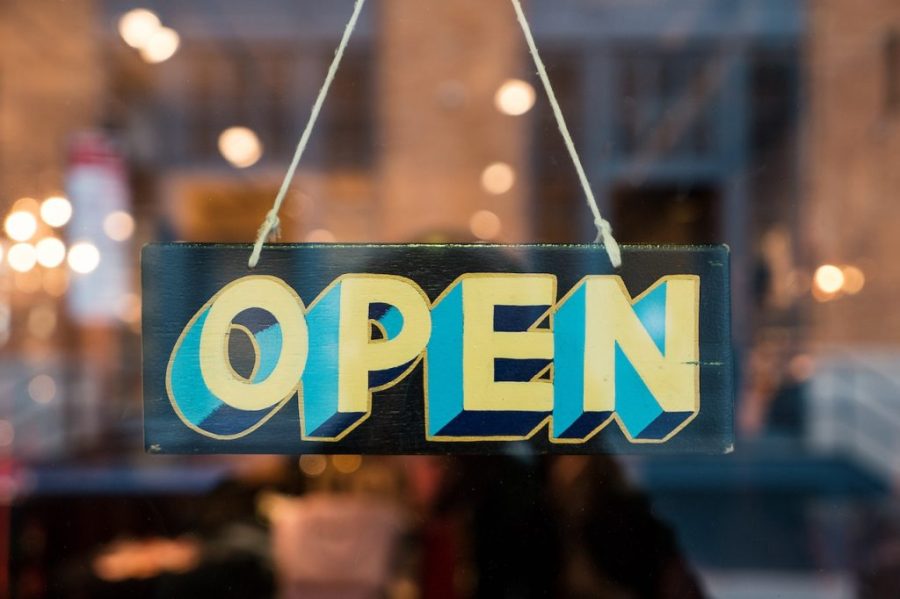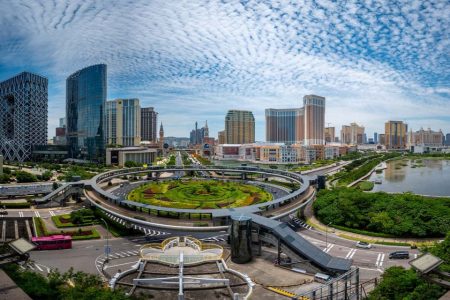The Macao government is looking to bolster the local retail sector with a new program that will facilitate the opening of the first physical stores of specific brands in the city.
Known as the “first store economy program,” the initiative is expected to launch in the third quarter, offering support to between 20 and 30 regional and international brands to set up their inaugural brick-and-mortar shops in Macao.
In remarks reported by multiple media outlets yesterday, the secretary for economy and finance, Tai Kin Ip, said the brands would originate from Portuguese and Spanish-speaking countries, as well as the Greater China region.
Currently, the Economic and Technological Development Bureau is making preparations for the scheme’s launch, with Tai noting that the government intends to make use of the opportunity to attract leading companies to Macao, showcase the city’s uniqueness and achieve complementary development.
Macao is not the only city in China attempting to develop its first store economy. According to Chinese media, the economic model of opening debut stores in a particular city has also taken off across the mainland, with Beijing recording 960 new first stores in 2024, and Shanghai registering 1,269 of these establishments.
The economic benefits are significant, as these debut stores can attract a considerable amount of visitors. China Daily notes that the Haidian Joy City mall in Beijing, which consists of around 30 percent inaugural stores, managed to generate roughly 17.8 million yuan in sales from over 216,000 visitors during its opening last December.
[See more: Macao’s retail sector is in trouble. How long can small businesses hold out?]
Aside from building up Macao’s first store economy, the SAR government also has its eyes on revitalising the city’s six historic districts. As part of this goal, the authorities are hoping to transform each of these areas into so-called “community-based commercial circles” or local business ecosystems that are self-sustaining and can attract tourists through their unique historic offerings.
Tai said the government was currently combing through its experience from the past two years and was formulating a top-down design for development. This includes coordinating the resources of the six concessionaires and passing the project onto a non-profit community organisation that will form a group to put the initiative into action.
The government intends to implement this model by the end of the third quarter, with Tai pointing out that the authorities hope to gather the opinion of the different sectors of society and see whether or not community organisations have the capacity to adopt such a model beforehand.
The project groups would be required to take on a host of responsibilities, including planning the project, collecting information about the district, conducting historical research, and designing and introducing new elements. On the latter, Tai was adamant that the new elements would have to be relevant to the specific district.
In addition, the economic secretary said that the government was aiming to introduce new types of business models to the six community-based commercial circles that will enable the unique characteristics of each one to shine through.
At the same time, the gaming concessionaires have been requested to make improvements to initiatives that have not yet achieved their desired goals.






